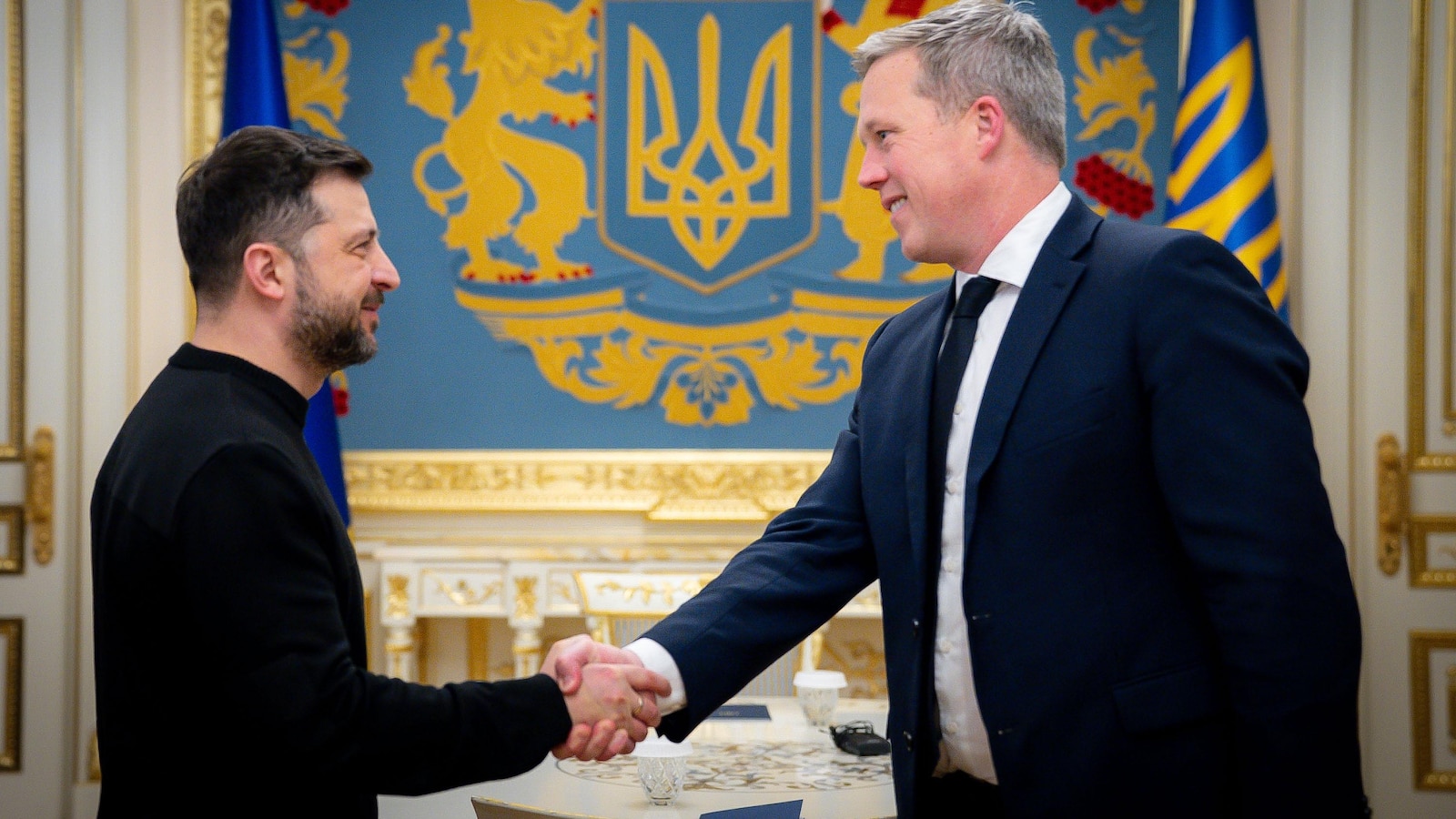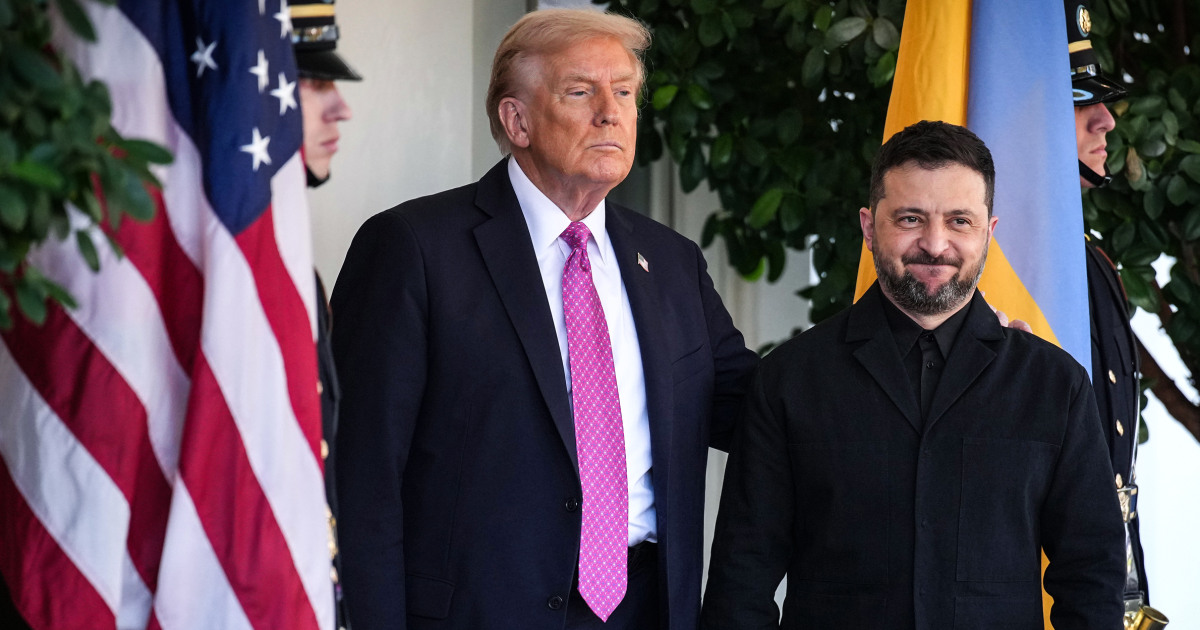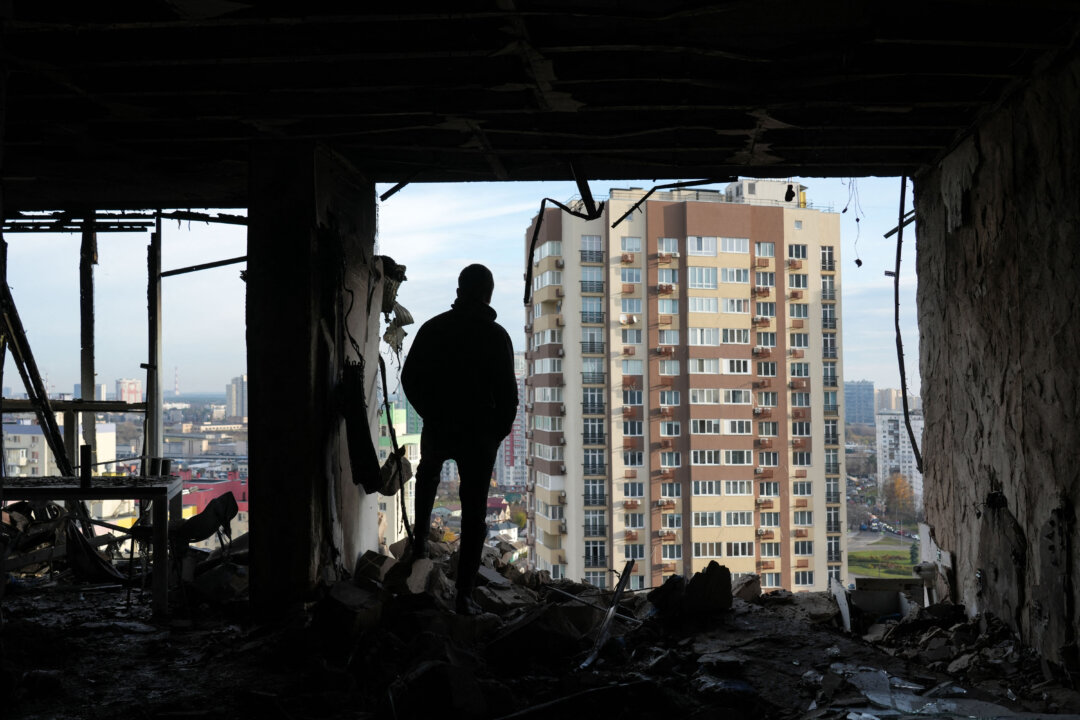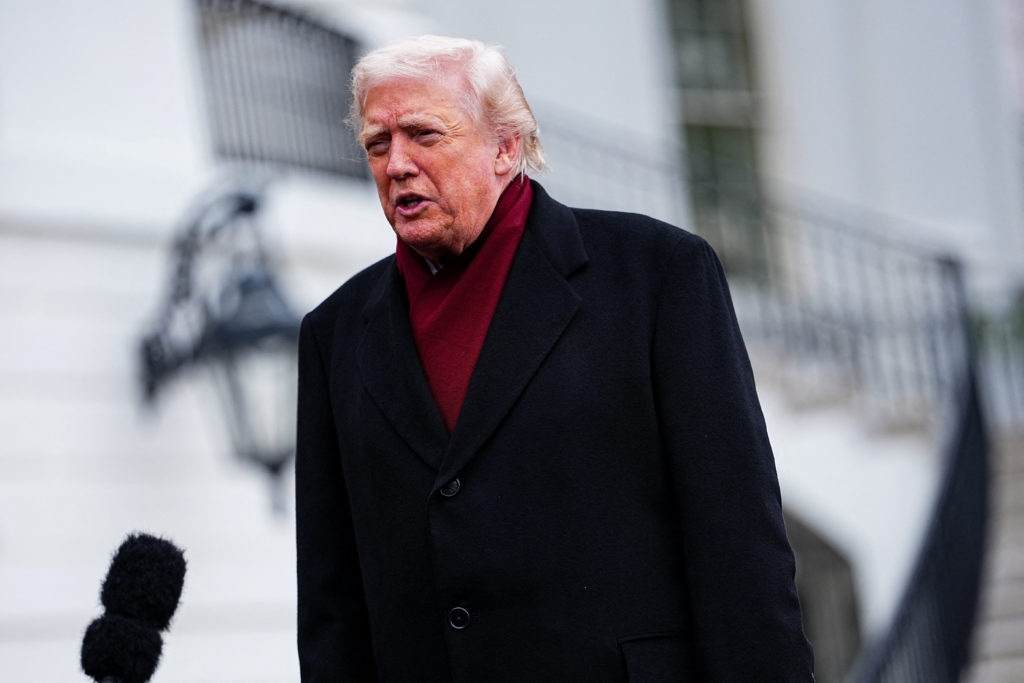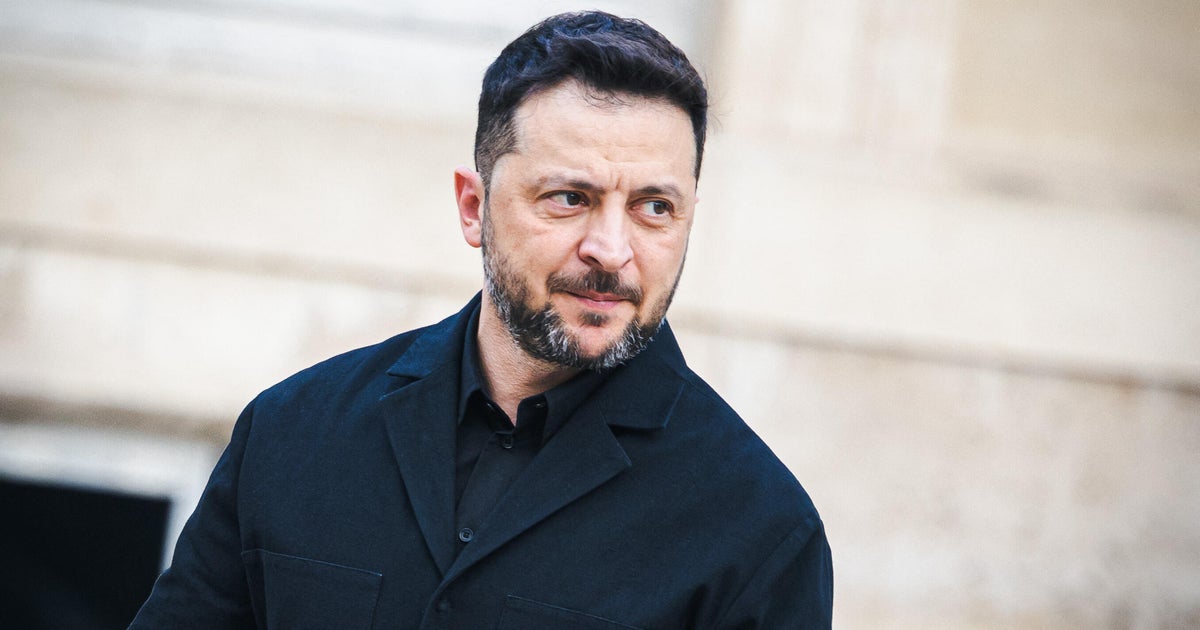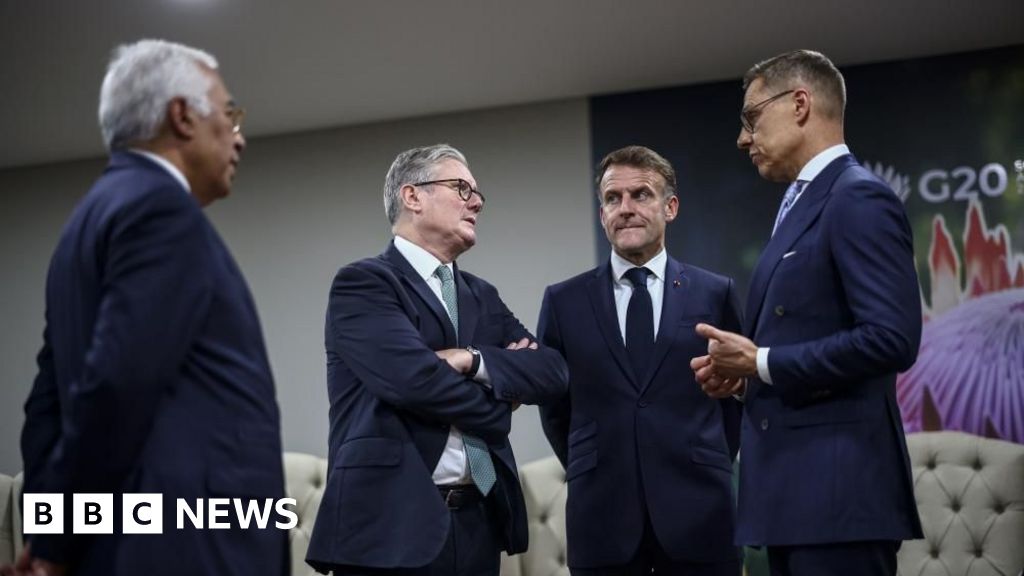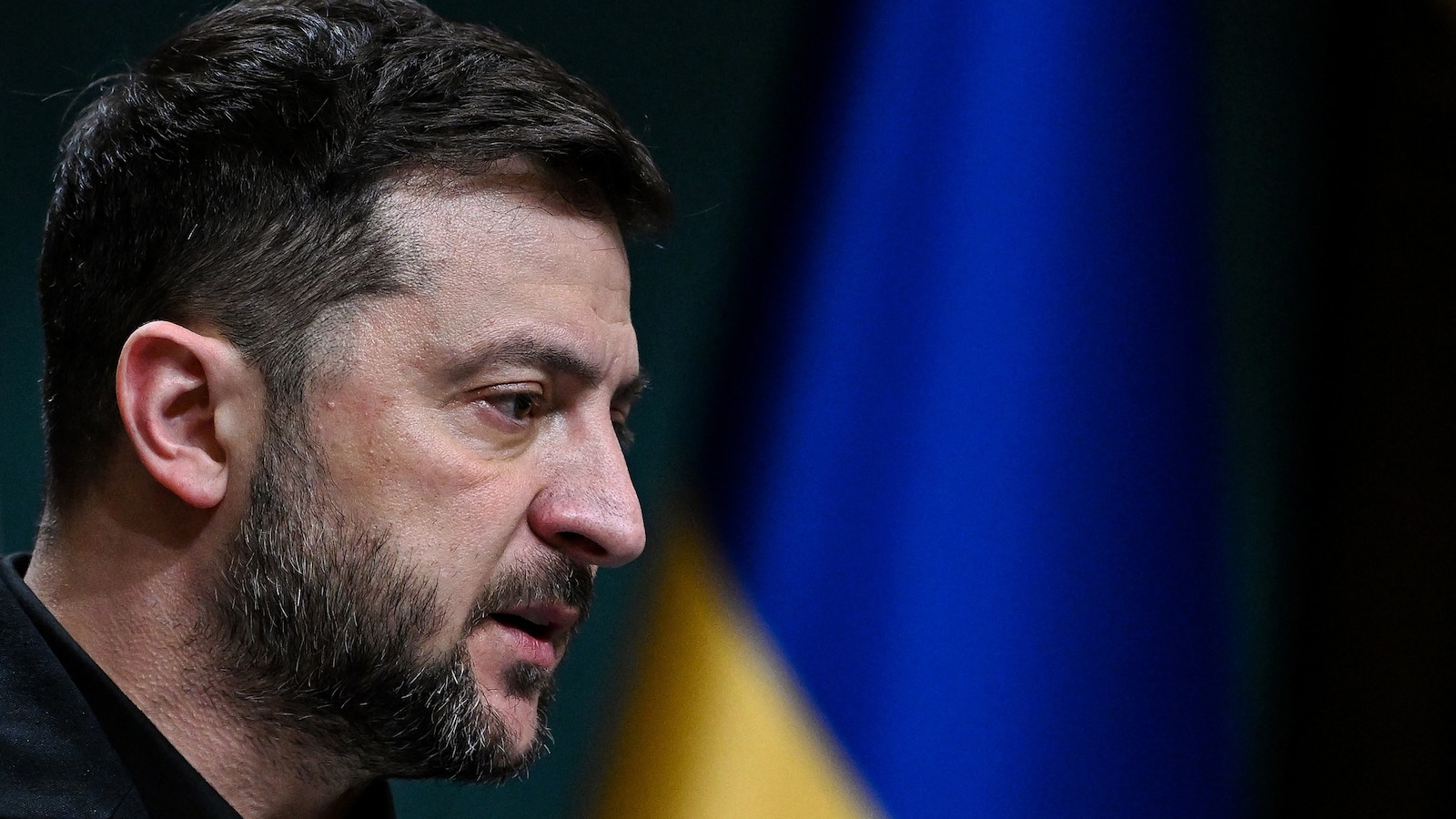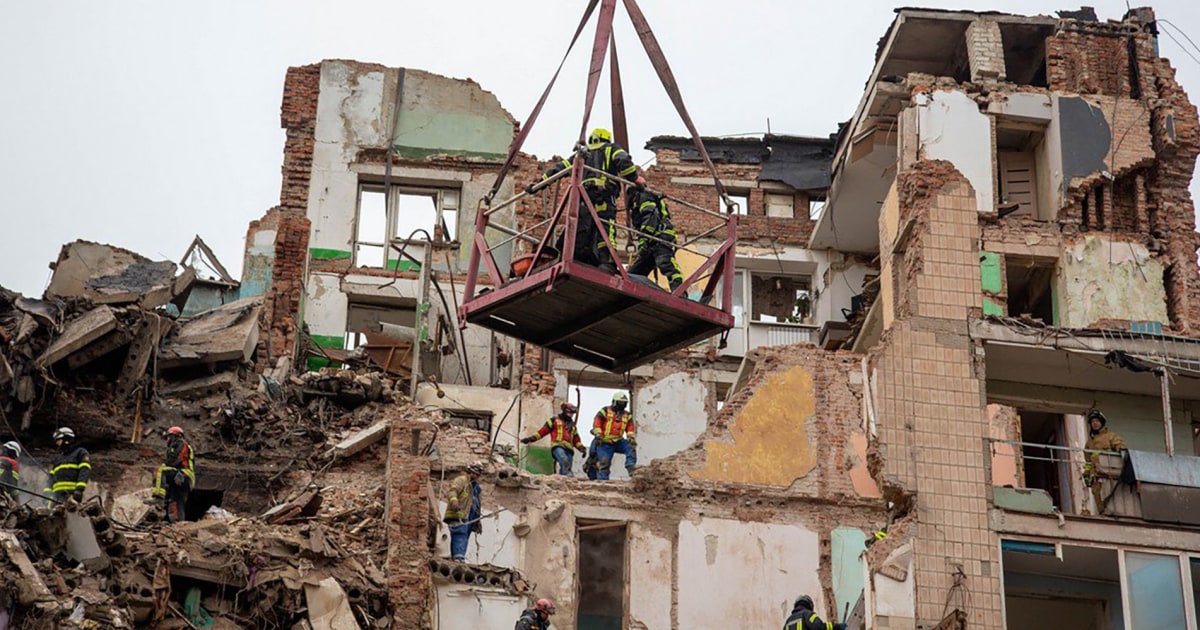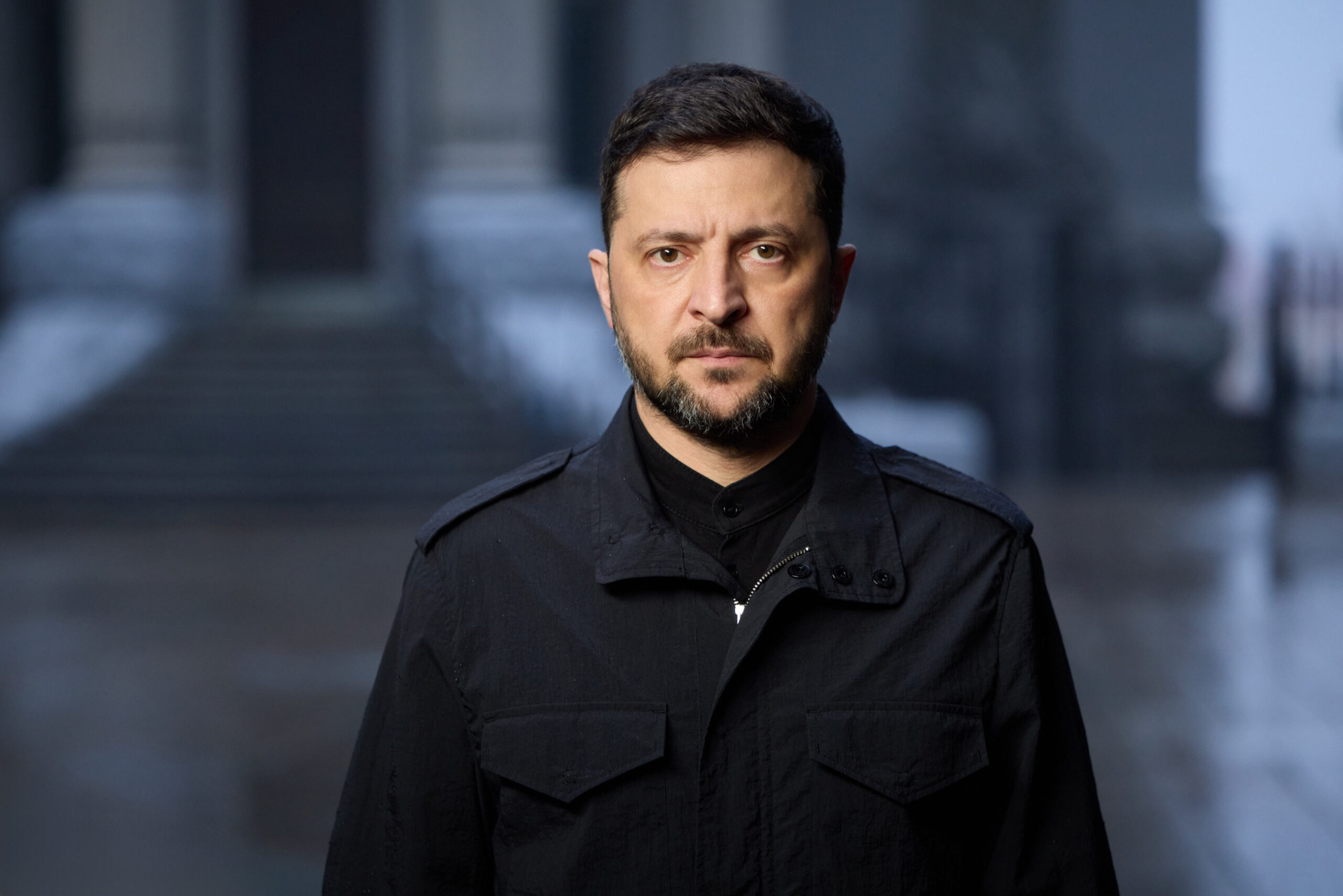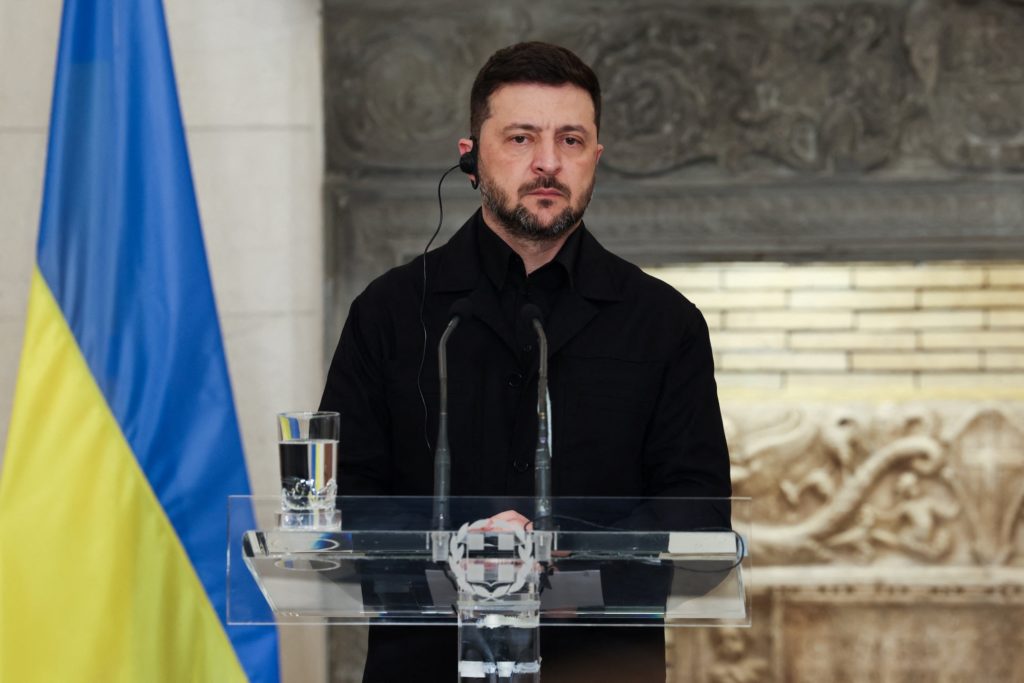President Trump's Ukraine Peace Plan Faces Widespread Condemnation from US Lawmakers and European Allies
President Trump's 28-point peace plan for Ukraine, developed with the Kremlin without Kyiv's input, proposes controversial terms like territorial concessions and military cuts, drawing strong criticism from US senators and European leaders for rewarding Russian aggression.
Overview
- President Trump's administration, in collaboration with the Kremlin, developed a 28-point peace plan for Ukraine without involving Ukrainian officials, drawing immediate criticism from US and European lawmakers.
- The controversial proposal includes demands for Ukraine to withdraw troops from Donetsk, cut its military, renounce NATO membership, and potentially cede territories like Donbas and Crimea.
- US senators, including Angus King and Jeanne Shaheen, and European leaders widely condemn the plan, arguing it rewards Russian aggression and concedes to Moscow's demands, which Ukrainian President Zelenskyy rejects.
- While Russian President Putin welcomed the proposal as a potential basis for peace, critics express concern that limiting Ukraine's armed forces could leave the nation vulnerable to future attacks.
- Despite Trump's push for Ukraine to accept the plan by next week, and Washington considering cutting aid, security officials from several nations are scheduled to meet in Geneva to strengthen the peace initiative.
Report issue

Read both sides in 5 minutes each day
Analysis
Center-leaning sources frame this story by consistently highlighting the widespread opposition and perceived flaws of Trump's Ukraine peace plan. They prioritize and extensively detail criticisms from Ukrainian officials, bipartisan U.S. lawmakers, and European leaders, often leading with these negative reactions. This editorial choice emphasizes the plan's contentious nature and its perceived concessions to Russia.
Articles (23)
Center (11)
FAQ
The plan reportedly requires Ukraine to cede territories such as Donbas and Crimea, withdraw troops from Donetsk, cut its military, renounce NATO membership, and accept limited security guarantees without Western troops.
US senators and European leaders have widely condemned the plan, arguing it rewards Russian aggression and concedes to Moscow's demands, which they believe undermines Ukraine's sovereignty and security.
Ukrainian President Volodymyr Zelenskyy has rejected the plan, stating it forces Ukraine to choose between loss of dignity or risking the loss of a key partner, and has expressed concerns about territorial concessions and military restrictions.
Russian President Vladimir Putin acknowledged receipt of the plan and stated it could form the basis for a final peace settlement, but noted that it is not being discussed substantively with Russia, likely due to Ukraine's opposition.
If Ukraine accepts the plan, it would lose significant territory and military autonomy, potentially leaving it vulnerable to future Russian aggression, while also losing the support of key Western allies if it refuses.
History
- 5d

 10 articles
10 articles
- 6d

 3 articles
3 articles
